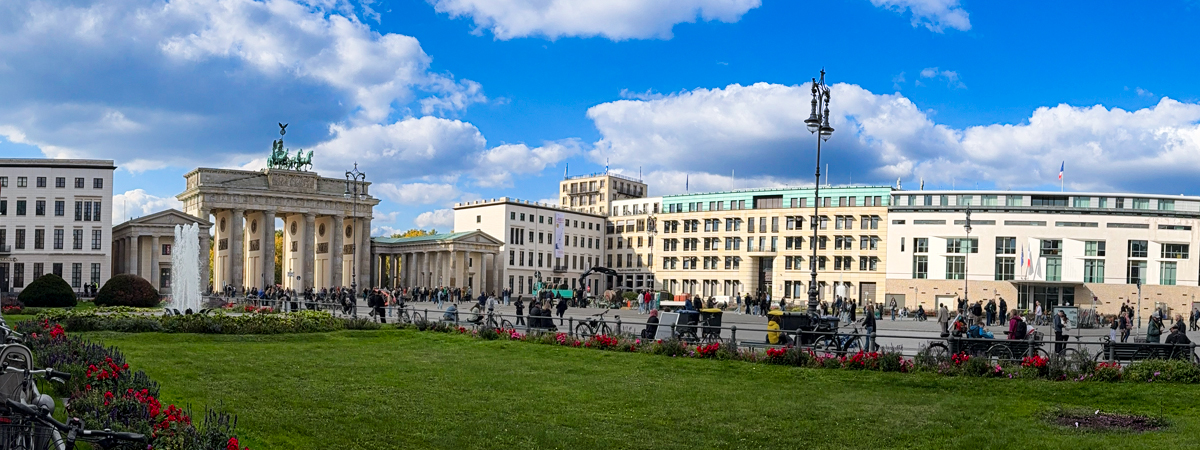Supporting people who move to Germany gives me a front-row seat to how international relocation is changing. While my daily focus is often on the German system, I also notice broader shifts in how companies approach global mobility and international employees.
Here’s what I see shaping 2025:
1. Employee Experience Over Transactions
Relocation isn’t just about flights, paperwork, and a furnished apartment anymore. Companies are realizing that international employees need more to feel settled: guidance with local bureaucracy, help with integration, and sometimes even community support.
But one piece is still overlooked: making people feel at home doesn’t begin after arrival – it starts in their home country. Clear communication before the move, preparation for what to expect, and early access to information can make the transition far smoother. Not enough companies pay attention to this first stage, even though it sets the tone for the entire relocation.
2. Hybrid and Cross-Border Work
With hybrid and remote models, “relocation” is less clear-cut. Some employees move while keeping professional ties to another country. Others relocate temporarily, with the possibility of moving again. HR teams are learning how to balance flexibility with compliance – not always an easy task.
Proactive support here means clarifying compliance questions early, setting clear expectations about hybrid work policies, and anticipating challenges such as double taxation or health insurance gaps. Preparing employees before they move reduces risks for the company and uncertainty for the individual.
3. Inclusive Policies Becoming Standard
There is growing awareness around inclusivity in relocation support. At first glance, one might ask: shouldn’t we treat everyone the same, without focusing on sexual orientation or family structures? The reality is that international mobility involves legal and practical hurdles that affect people differently. A same-sex couple, for instance, may face unique questions about recognition of their partnership, while a transgender employee may need clarity on healthcare access or documentation.
Addressing these needs isn’t about giving special treatment – it’s about ensuring that every employee has equal opportunity to settle safely and successfully. HR teams that recognize these nuances can create a genuine sense of belonging for their international hires.
4. Digital Tools for Transparency
Relocation and immigration processes can feel overwhelming for employees, especially when they don’t know what’s happening next. Many HR teams use apps or software platforms to track visas, documents, and onboarding. These tools are fantastic for providing visibility, keeping processes organized, and letting employees see the status of each step.
At the same time, traditional local agents remain an essential part of the process. Even with portals, agents bring local expertise, help solve unexpected challenges, and provide personalized guidance that software alone can’t offer. They also give employees reassurance when navigating unfamiliar bureaucracy.
When digital tools and local expertise work together, HR teams can create a transparent, efficient, and human-centered relocation experience – reducing stress for employees while keeping processes smooth.
5. Long-Term Thinking for Talent Retention
Relocation isn’t just about getting employees to a new country – it’s about helping them integrate and build a life where they can thrive. Long-term thinking means looking beyond the first visa and providing guidance on residency options, career growth, and settling into daily life.
Integration is the key. Employees who feel supported, connected, and informed are more likely to stay, contribute fully, and become ambassadors for your company. HR teams that guide employees through these steps create a clear competitive advantage: they don’t just move talent, they help it flourish.
Final Thoughts
Global mobility in 2025 is about much more than paperwork or relocation logistics. From the moment employees start preparing in their home country, through hybrid work realities, inclusive policies, digital support, and long-term integration, every step shapes their experience and engagement.
What stands out to me is this: companies that think holistically about relocation – combining practical guidance, human support, and clear communication – don’t just move talent; they help it thrive. HR teams have a unique opportunity to make international employees feel seen, supported, and empowered from day one.
I’d love to hear from others working in HR, global mobility, or international hiring: what trends are you seeing in 2025, and how are your teams supporting employees across borders?



